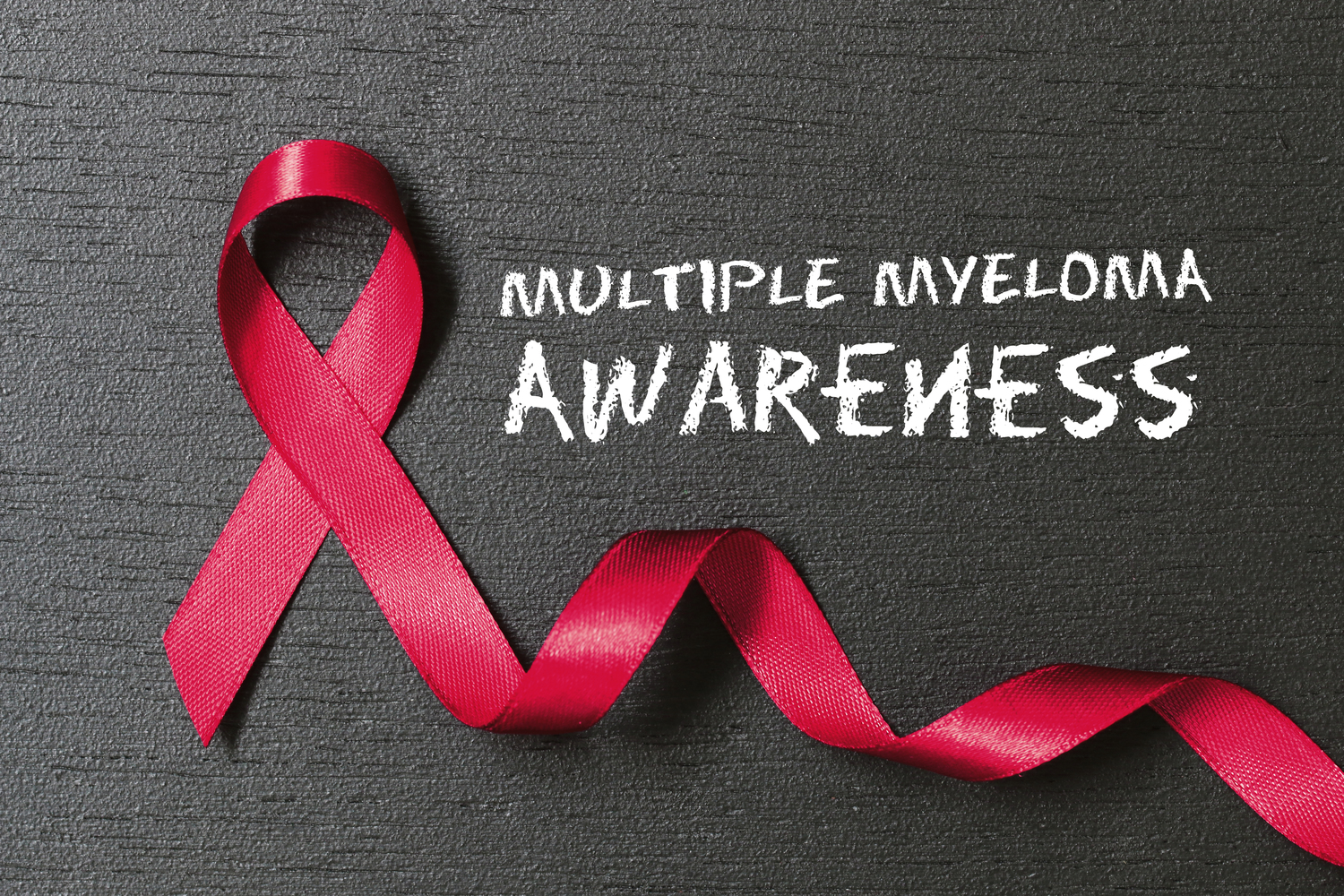
What is Multiple Myeloma?
Cancer is a disease that can affect anyone, that can hit anyone at any time, and that can cause a bevy of other issues in addition to the cancer itself. Multiple myeloma is a fairly common type of cancer that is caused when the white blood cells or plasma cells in the body. Since plasma travels through your entire body, it can accumulate in the bone marrow and cause a range of other problems as well. Risk factors include age (96% of cases are in patients over the age of 45) and exposure to certain chemicals (i.e., agricultural and industrial chemicals), radiation exposure, heavy plastics, and asbestos.
Symptoms of multiple myeloma include:
1. Frequent infections
The white blood cells in the body work to help fight off infection and disease so when you are dealing with a cancer that affects the white blood cells, you are more likely to get bad and recurrent infections.
2. Nausea and appetite loss
high levels of calcium in the body from the destruction of bone matter can cause nausea, vomiting, and even loss of appetite that can then lead to weight loss which can then again lead to more infections and the inability to fight off infection and illness. Sadly, this is a very common symptom of multiple myeloma and many people do experience stomach problems when they are dealing with this type of cancer.
3. Constipation
This cancer affects the bones and can cause calcium loss from the bones which can then deposit more calcium into the body than normal. This means that the excess calcium can then cause your bowels to become constipated. Your body may not be affected in this way if you are diagnosed with multiple myeloma. If you are undergoing chemotherapy for your multiple myeloma you may also have stomach problems associated with that therapy.
4. Mental fog
Myeloma does have the potential to cause large amounts of myeloma protein to be deposited into the blood. This protein tends to thicken the blood which can then lead to slower blood flow and to mental fog because your brain is simply not getting as much blood as it should be. Sluggish blood or blood that is not flowing normally can also lead to oxygen deprivation in the brain which can then again cause the brain to feel foggy or make it hard to do things that you would be able to do on a normal basis.
5. Fatigue
Red blood cells are responsible for transporting oxygen through the body. When the red blood cells are overcrowded or when they are not able to transport oxygen like it should, you can experience fatigue. The body needs oxygen in order to be able to function properly and work the way you need it to. This is one of the most common symptoms of multiple myeloma and is one of the first things that patients notice.
6. Bone pain
Since multiple myeloma is a cancer that affects the white blood cells or plasma which are more concentrated within the bone marrow of the body, this cancer can cause widespread bone pain. This is a deep pain that can make it hard to sleep, hard to move around, and har to complete day to day tasks that you would normally be able to do quite easily. This is often one of the symptoms that are debilitating and that does make it hard to function.



